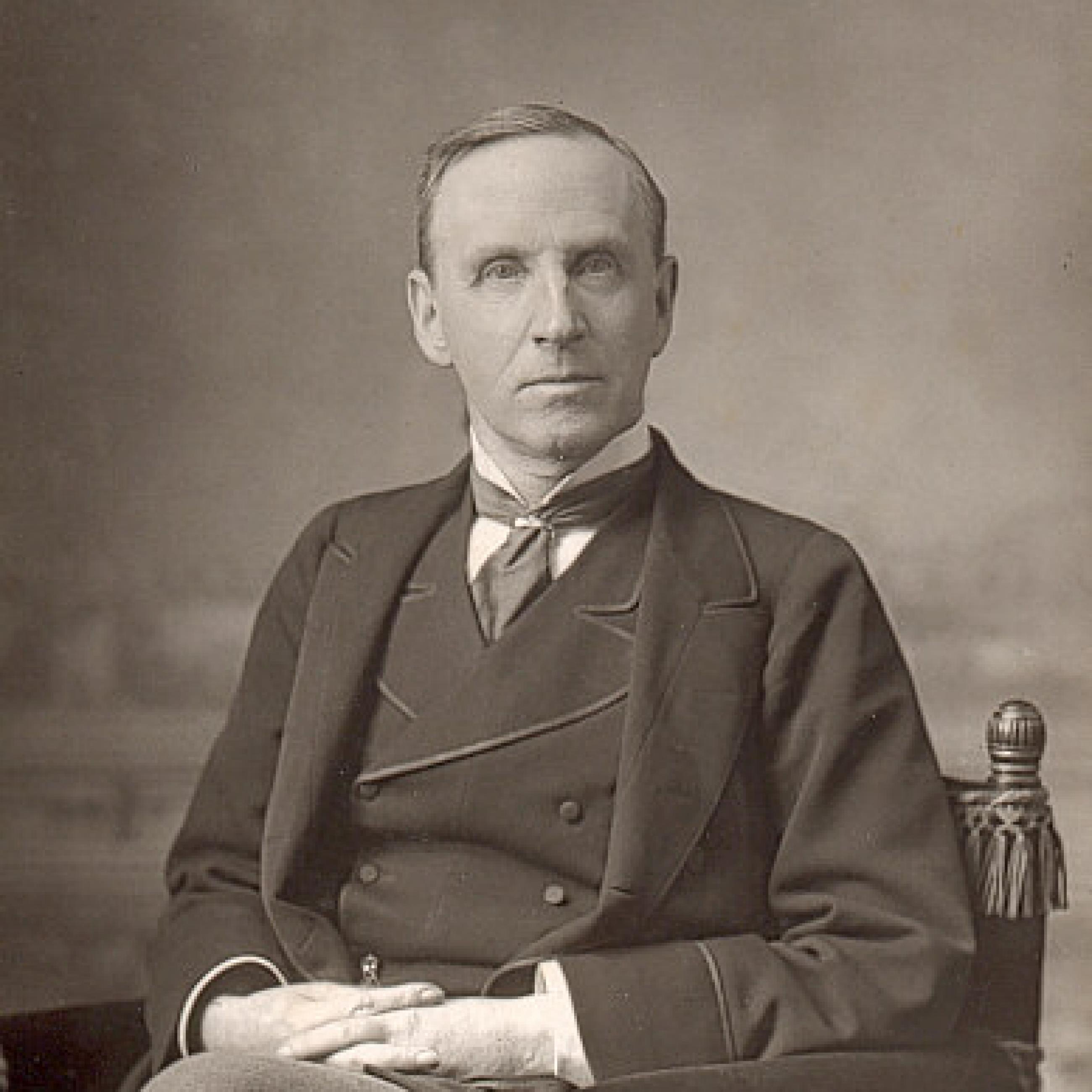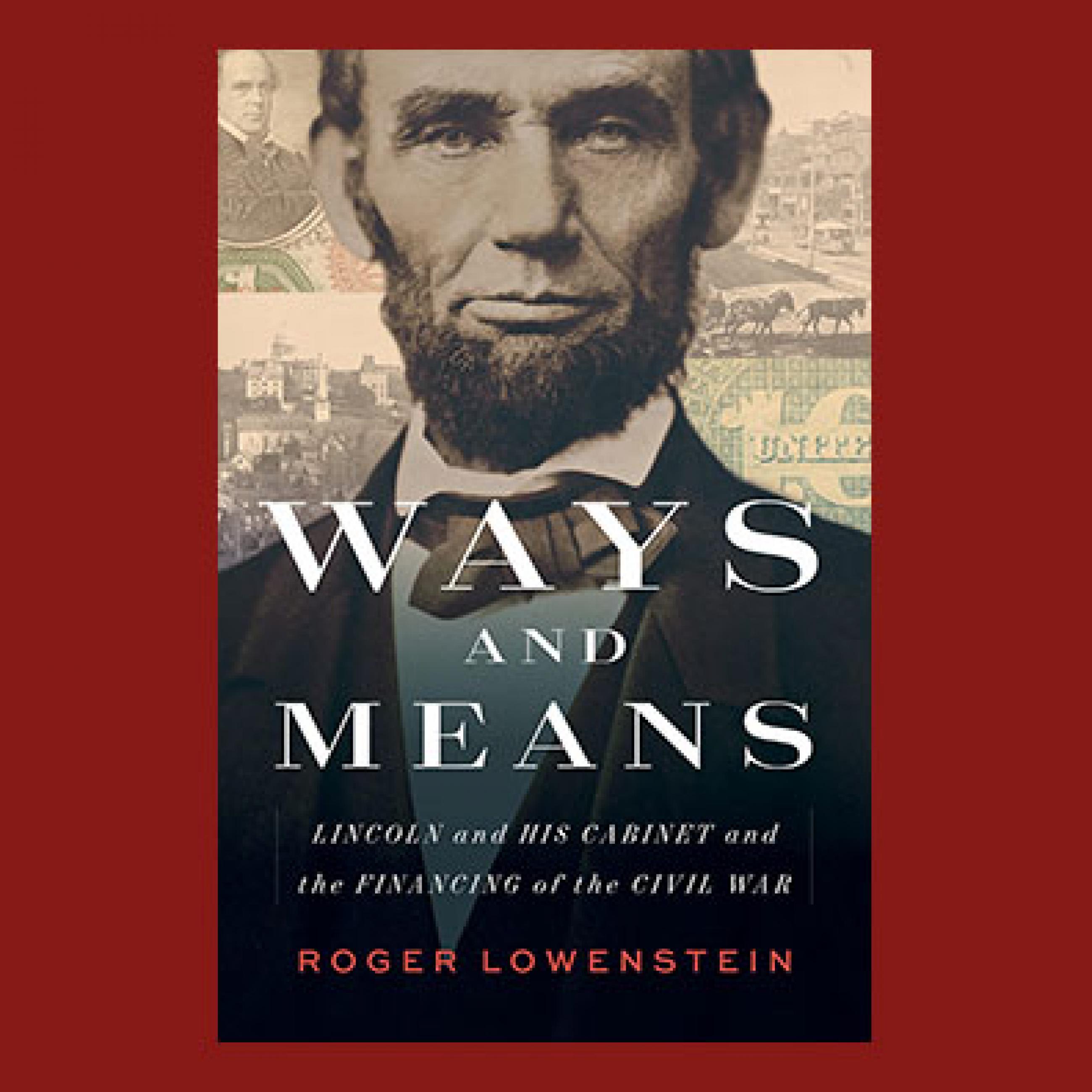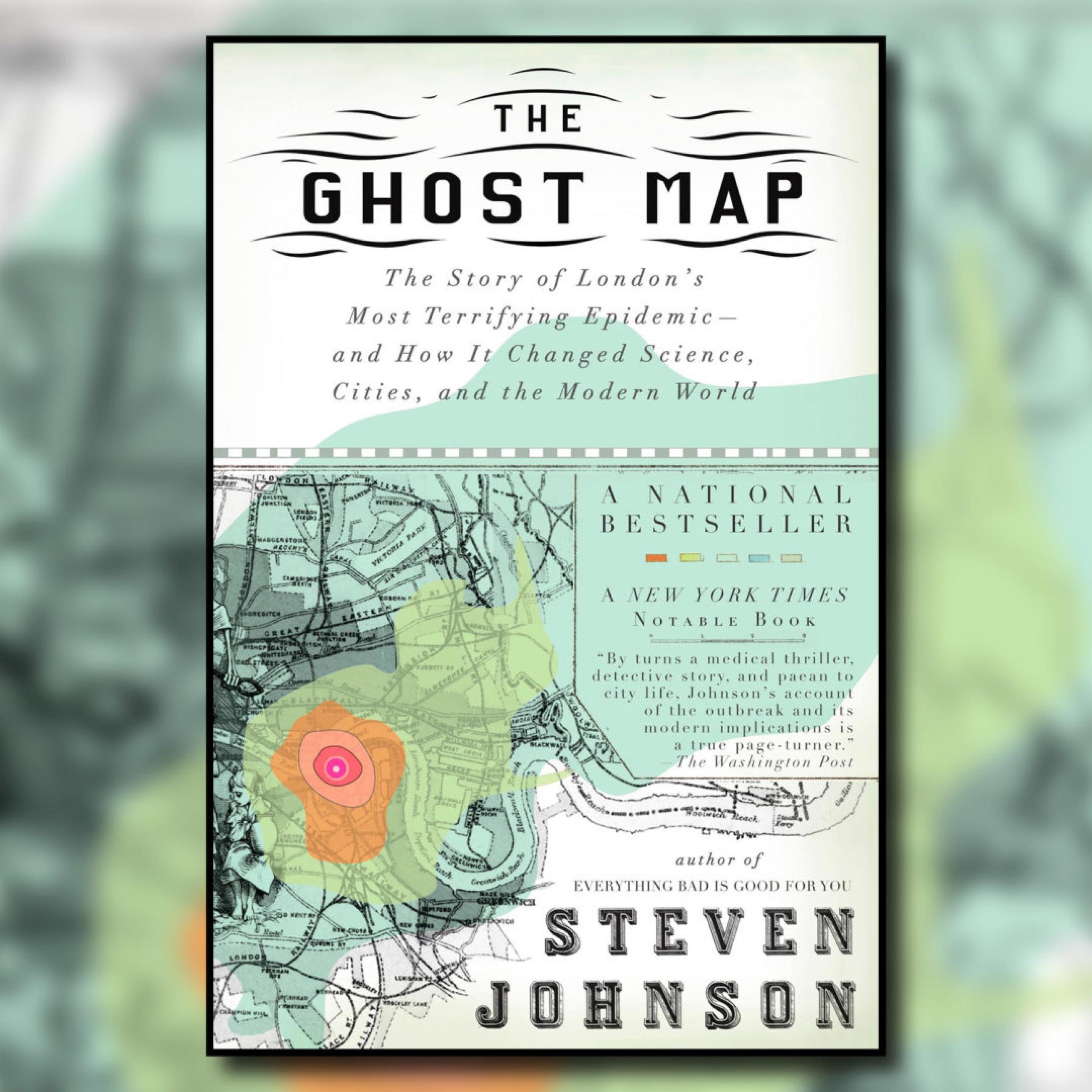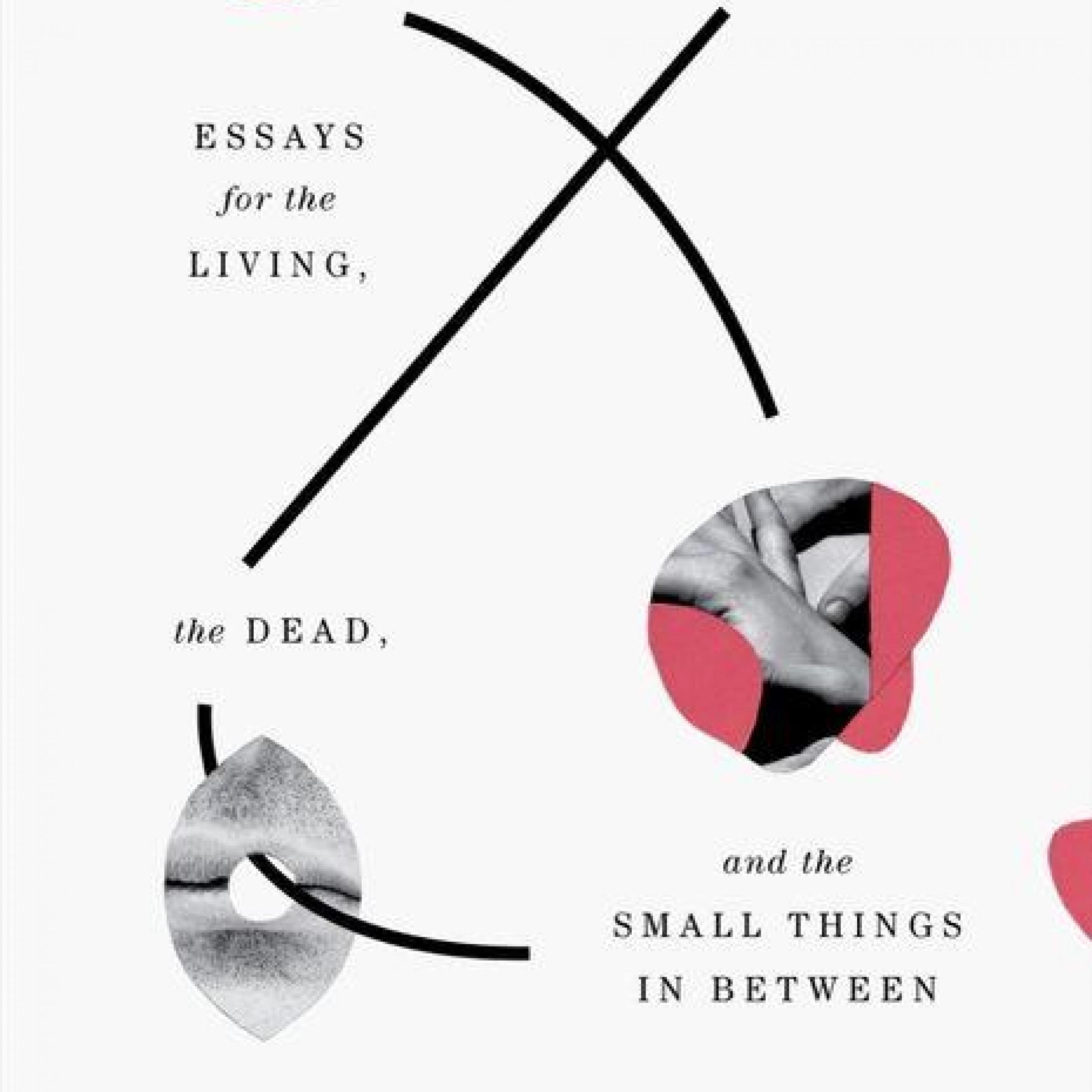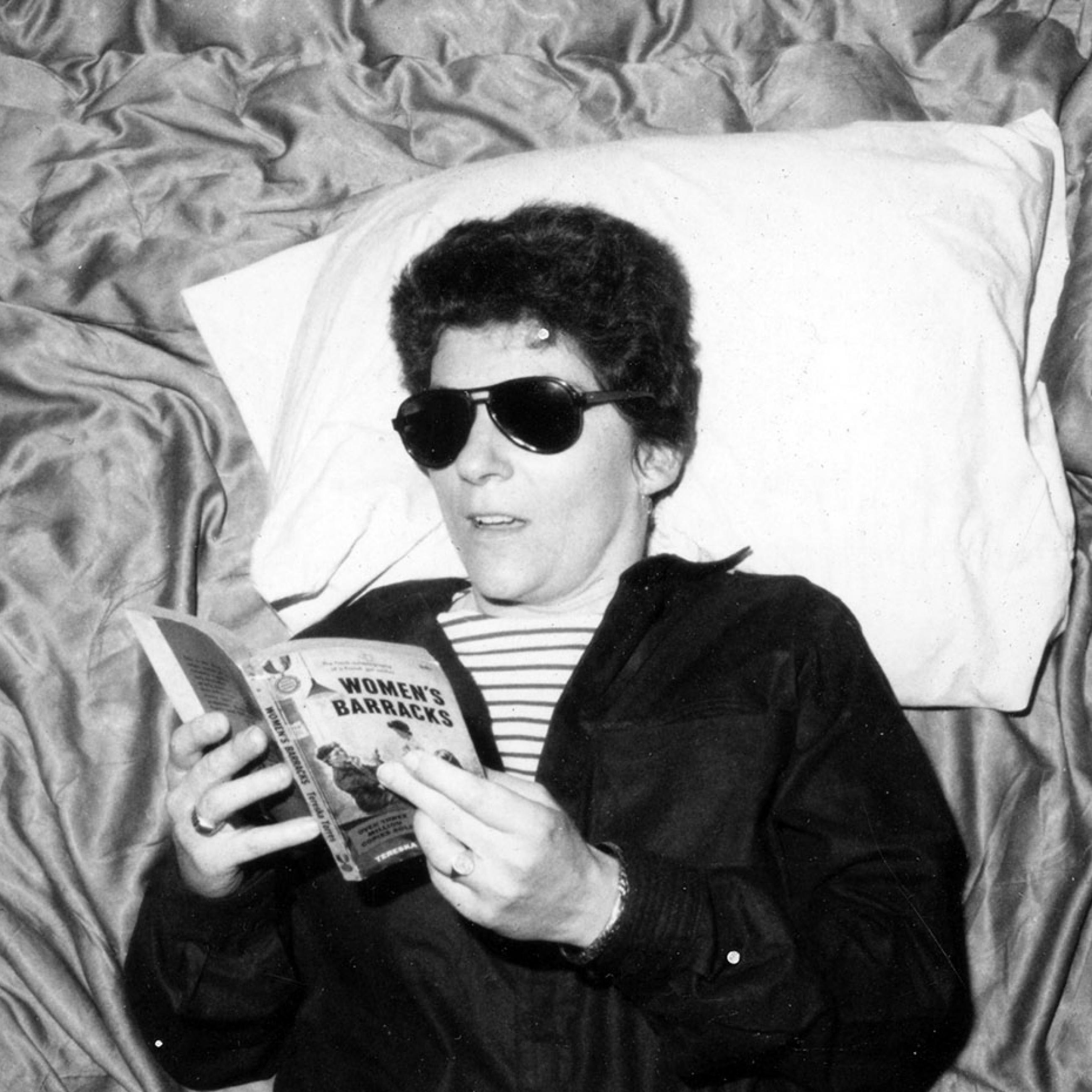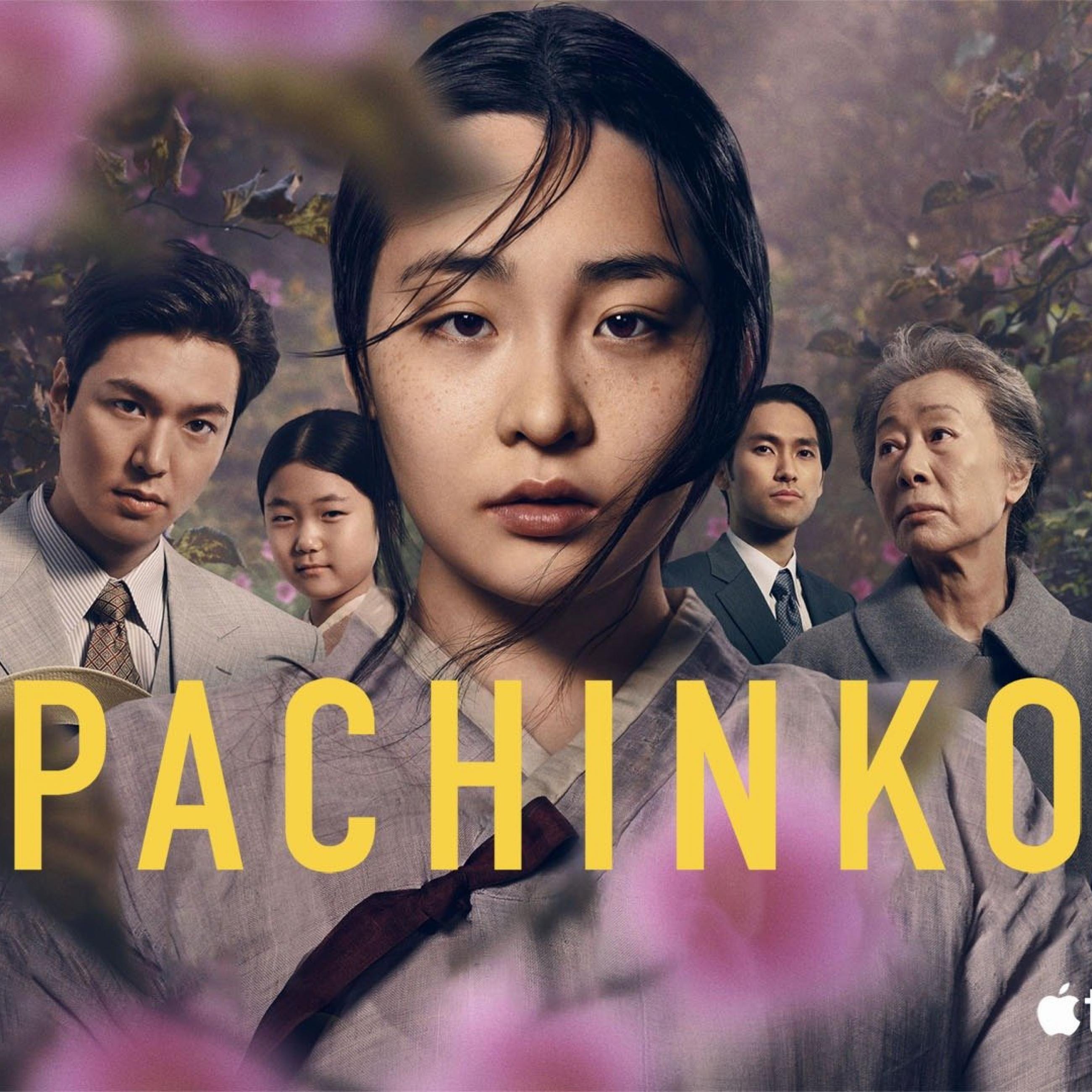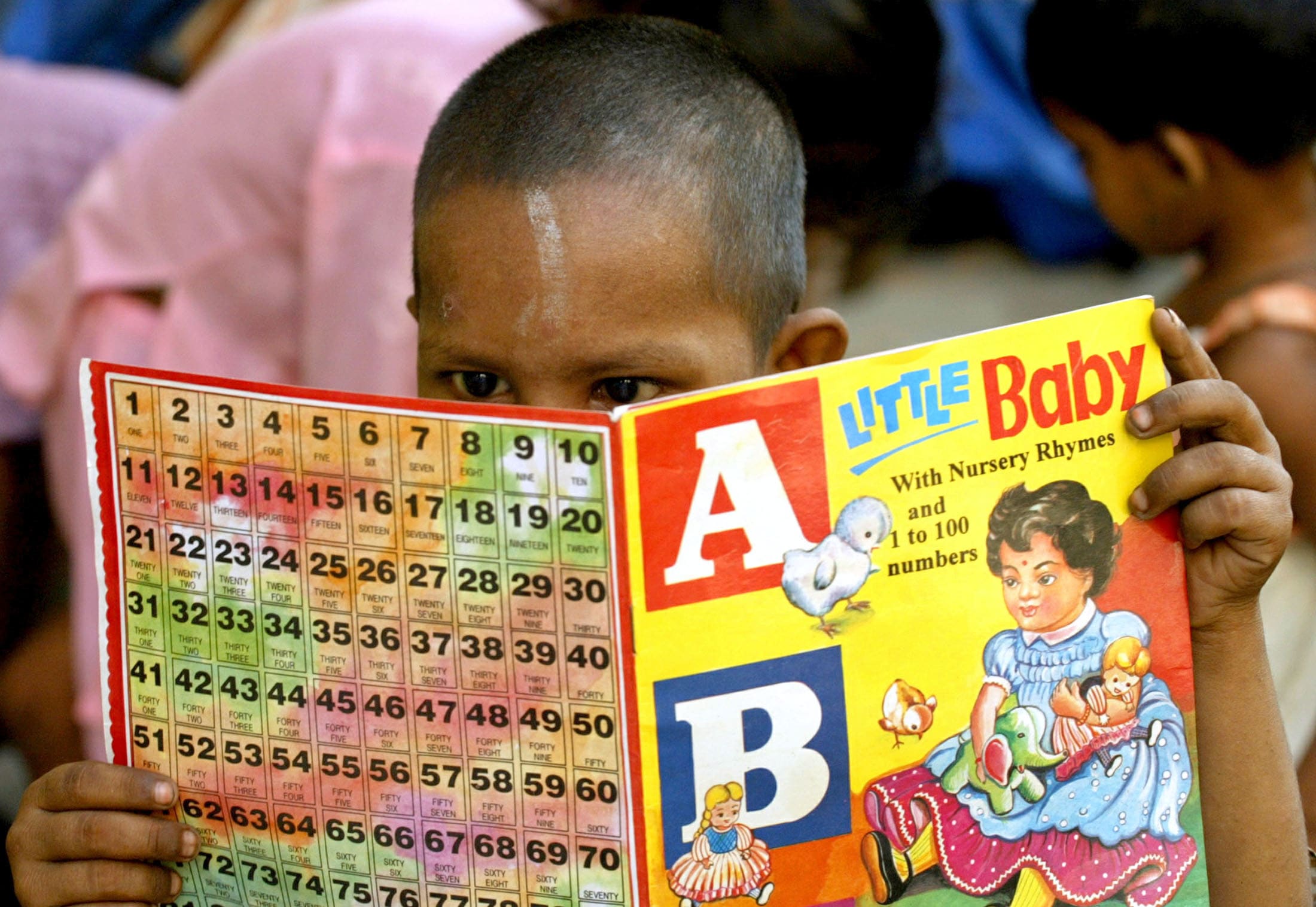It's summer in the northern hemisphere, which means that many of our readers are traveling for their summer holidays. Whether you find yourself boarding a plane, taking the train, or hopping in a car, we've got your entertainment covered. From novels unpacking 'London's most terrifying epidemic' to the life of a pathologist; documentaries covering one of the first professors to study the LGBTQI+ community; and movies and podcasts on topics ranging from the 'art of predicting' to racism and classism, our friends and colleagues have divulged what's occupying their leisure time this season.
We hope you enjoy the selection of books, movies, and podcasts below.
